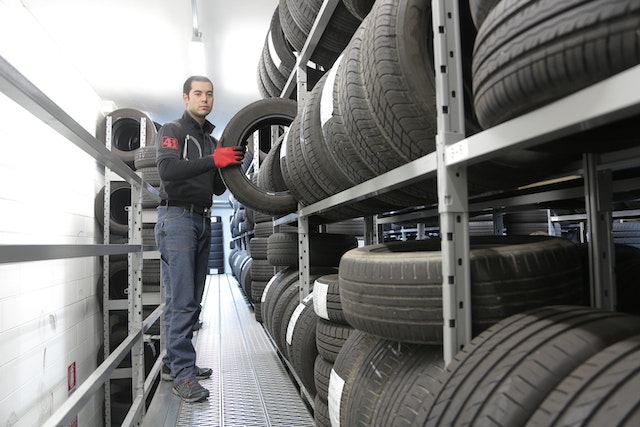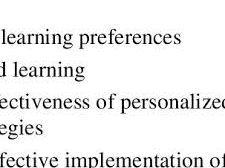When it comes to the various parts that make up a vehicle, windscreen rubber might not be the first thing that comes to mind. However, this unassuming component plays a critical role in maintaining the integrity of your vehicle’s windscreen. In this blog post, we’ll delve into the world of windscreen rubber, exploring its functions, maintenance, and importance for automotive safety.
The Functions of Windscreen Rubber1. Sealing and WaterproofingWindscreen rubber, also known as windshield gasket or seal, acts as a barrier between the windscreen and the vehicle’s frame. It prevents water, debris, and other external elements from entering the interior of the vehicle, keeping the cabin dry and comfortable.2. Vibration DampeningRoad vibrations can potentially lead to cracks or damage to the windscreen. Windscreen rubber acts as a buffer, absorbing these vibrations and reducing the stress on the glass, thus extending its lifespan.3. Structural SupportWindscreen rubber provides support to the windscreen and helps distribute pressure evenly. This is particularly important during instances of impact, as it contributes to preventing the windscreen from shattering into pieces.Maintaining Windscreen Rubber1. Regular InspectionPerform routine checks to ensure the rubber is free from cracks, tears, or signs of deterioration. Damaged rubber can compromise the sealing effectiveness and structural integrity.2. Cleaning and LubricationClean the rubber using a mild soap and water solution to remove dirt and grime. Applying a rubber-friendly lubricant can prevent the rubber from drying out and becoming brittle over time.3. Protection from UV RaysExposure to sunlight can cause rubber to degrade. Use UV protectants or park your vehicle in shaded areas to prevent unnecessary wear and tear.The Importance of Windscreen Rubber for Safety1. Preventing Water InfiltrationA properly sealed windscreen prevents water leakage into the vehicle, avoiding potential electrical issues and discomfort for passengers.2. Structural IntegrityWindscreen rubber contributes to the windscreen’s stability. In case of a collision, it helps keep the windscreen in place, reducing the risk of shattering and providing additional safety to occupants.3. Enhanced LongevityWell-maintained windscreen rubber can prolong the life of your windscreen by reducing stress and preventing damage caused by vibrations and external elements.ConclusionWhile often overshadowed by more conspicuous components, windscreen rubber is a silent guardian of your vehicle’s safety and comfort. From keeping water out to absorbing vibrations, its functions are invaluable. Regular maintenance and timely replacement when needed can ensure that this unassuming yet crucial part continues to serve its purpose effectively, contributing to a safer and more enjoyable driving experience.



